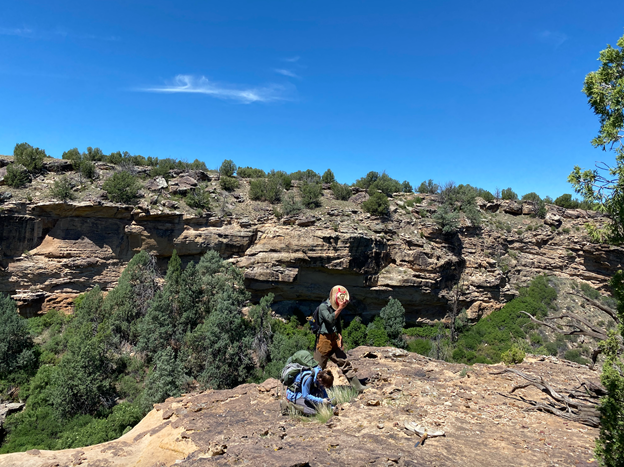As I enter my last year at Colorado State University, I feel incredibly grateful for the fantastic opportunities granted to me by organizations like the Wild Rockies Field Institute, the American Fisheries Society, and most recently the Colorado Natural Heritage Program. This past summer, I worked as a Siegele Intern for CNHP, supporting field research projects around the state. Working with well-trained and dedicated botanists, wetland ecologists, and zoologists unveiled my admiration for field work and further propelled my interests in aquatic ecology. Being an Ecosystem Science and Sustainability major at CSU, I have taken geology, watershed, and plant science courses, but this summer I was able to apply all of the concepts and scientific methods that I have been learning about over the past three years. Participating in meaningful research while simultaneously living and learning outside has been a tremendous addition to my college experience.

The projects I worked on this summer included rare plant surveying in Boulder County, Physaria monitoring in southwestern Colorado, wetland ecological integrity sampling in the eastern plains, and riparian corridor mitigation monitoring in Douglas County. At the start of the internship, the rare plant surveying in Boulder County laid an amazing foundation for what I should expect from fieldwork. The CNHP botanists and the Siegele interns spent a few days roaming Gross Dam Reservoir looking for nine rare plant species that had been sighted there in years prior. On this hitch, I learned the basics of plant identification and how to use dichotomous botany keys. The interns and I received incredible support from the field crew and felt comfortable guessing what plants were and trying out the Latin names. After our long work days, everyone would gather together for dinner and talk about the highs and lows of the day and get to know one another outside of work. I grew to love the CNHP staff from this trip, and throughout the remainder of the summer.

After working on several botany projects, I joined a wetland crew for three weeks. My passion for aquatic biology is fairly new, but now having studied wetlands, I am even more eager to continue my studies of aquatic ecosystems. Before going out into the eastern plains and studying these ecosystems, I had no idea how many components make up a healthy, functional wetland. I now appreciate soil science, hydrology, and invertebrates and realize how complex these systems are and how critical they are to our state and water usage.



Overall, this internship helped me become comfortable living, learning, and working outside and introduced me to the novel biodiversity conservation work going on in the state. I feel so grateful to have worked under such incredible scientists who understand how critical biocultural diversity is in the natural resource realm. I cannot wait to get back into classes this fall semester and apply my field knowledge to my studies. Thank you CNHP for providing me with such a beautiful summer experience!




